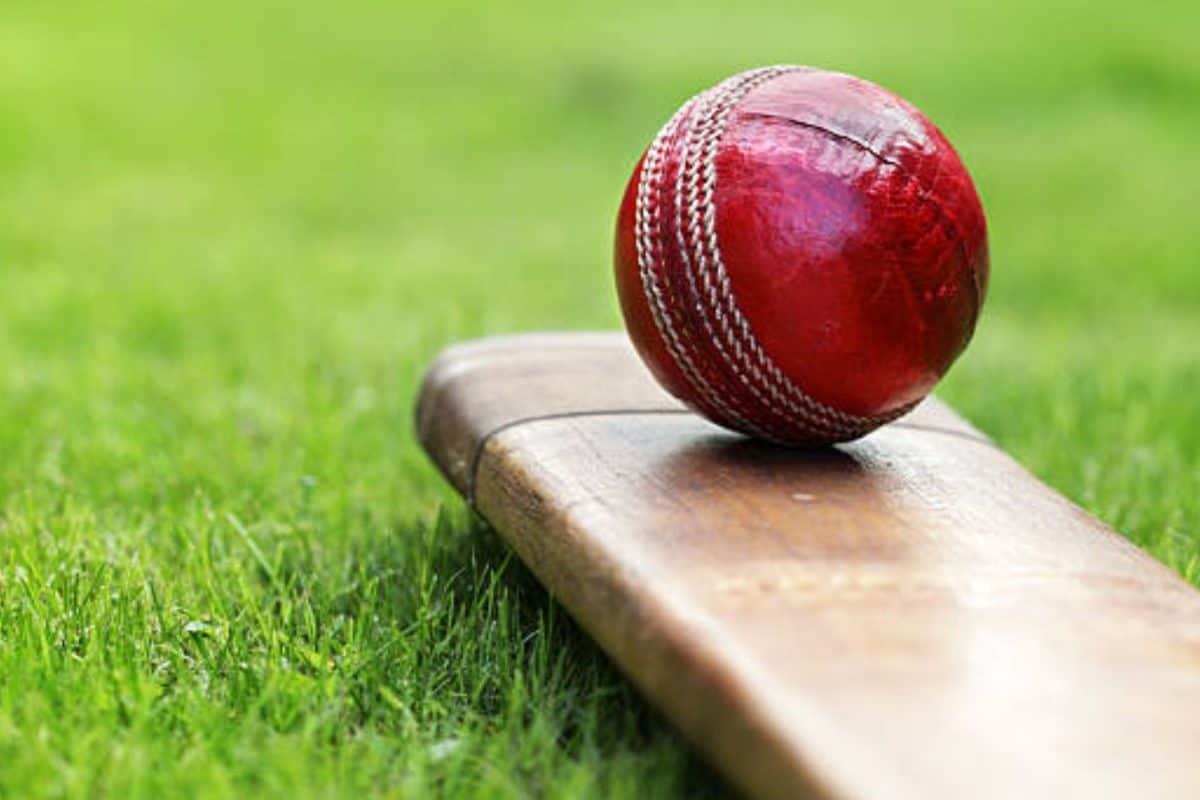

Sania Mirza, born on November 15, 1986, in Mumbai, has etched her name in the annals of Indian tennis as one of the most successful and influential athletes the country has ever produced. Her journey from a young girl with a racquet to a former world No. 1 in doubles is a testament to her dedication, skill, and unwavering passion for the sport. Beyond her achievements on the court, Mirza's family background presents a fascinating intersection of sports and national identities, particularly through her connections to cricket.
Mirza's family moved to Hyderabad shortly after her birth, where she and her younger sister, Anam, were raised. Anam is married to Mohammad Asaduddin, the son of former Indian cricket captain Mohammad Azharuddin. This connection is just the beginning of a compelling family narrative that links Mirza to multiple cricket captains from both India and Pakistan.
Sania Mirza is also related to former cricket captains Ghulam Ahmed of India and Asif Iqbal of Pakistan. Ghulam Ahmed, who captained India in three Test matches, is a distant relative. Asif Iqbal, the son of Ghulam Ahmed's sister, captained Pakistan in six Test matches. This intricate web of family ties highlights the shared sporting heritage of India and Pakistan, even amidst political tensions.
Adding another layer to this story is Mirza's marriage to Pakistani cricketer Shoaib Malik. Their union in 2010 created a sensation in both countries, transcending the usual sports headlines and sparking conversations about cross-border relations. The marriage meant that Sania had three cricket captains in her family.
Mirza began playing tennis at the age of six and turned professional in 2003. She received coaching from her father, Imran Mirza, who himself played club cricket. Her early success on the junior circuit included winning the 2003 Wimbledon Championships girls' doubles title. On the senior circuit, Mirza quickly rose through the ranks, becoming India's No. 1 in singles from 2003 until her retirement from singles in 2013.
While Mirza achieved significant success in singles, she truly excelled in doubles, reaching the pinnacle of the sport by becoming the world No. 1. She won six major titles, including three in women's doubles and three in mixed doubles. Her accomplishments have solidified her legacy as one of the greatest female tennis players India has ever produced.
Sania Mirza's career has not been without its challenges. She has faced injuries, controversies, and the pressures of being a high-profile athlete in a country with a fervent passion for sports. However, she has consistently demonstrated resilience and determination, overcoming obstacles and inspiring a generation of young athletes.
Beyond her on-court achievements, Mirza has also been a cultural icon, breaking barriers and challenging stereotypes. Her marriage to Shoaib Malik, in particular, drew attention to the complexities of India-Pakistan relations and the potential for sports to bridge divides. While their union was met with some criticism, it also garnered support from those who saw it as a symbol of unity and understanding.
Sania Mirza's story is more than just a sports biography; it's a tapestry woven with threads of national identity, family legacy, and personal triumph. Her connections to four India-Pakistan cricket captains underscore the shared history and cultural links between the two nations, while her own achievements on the tennis court have made her a role model for aspiring athletes everywhere.